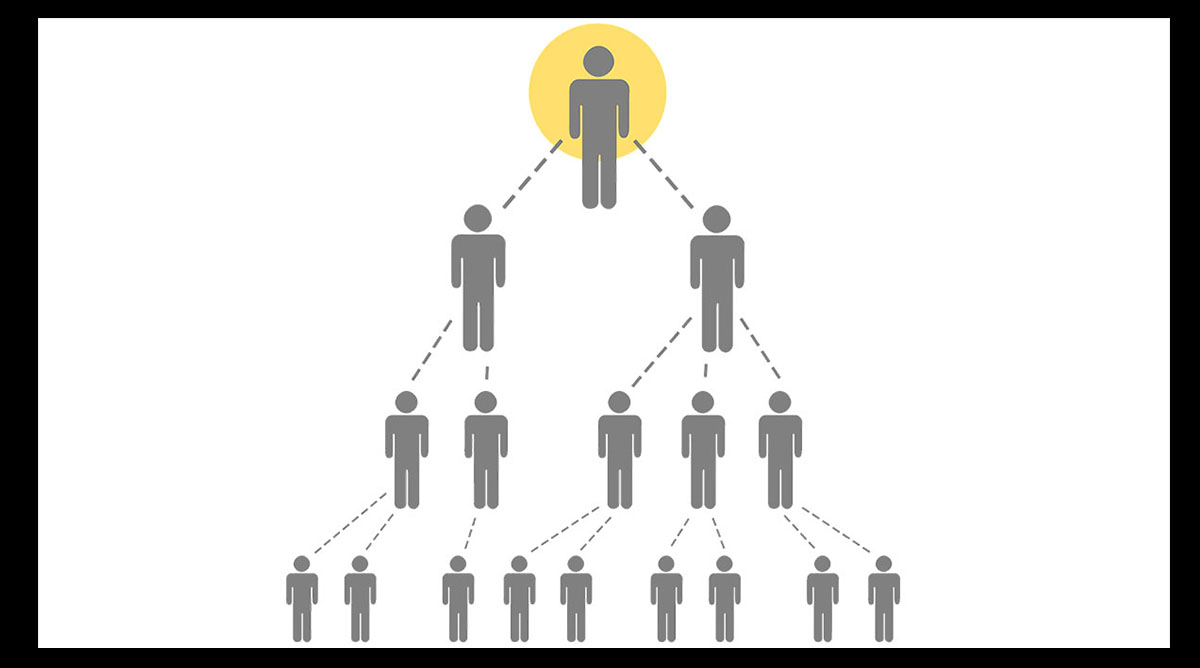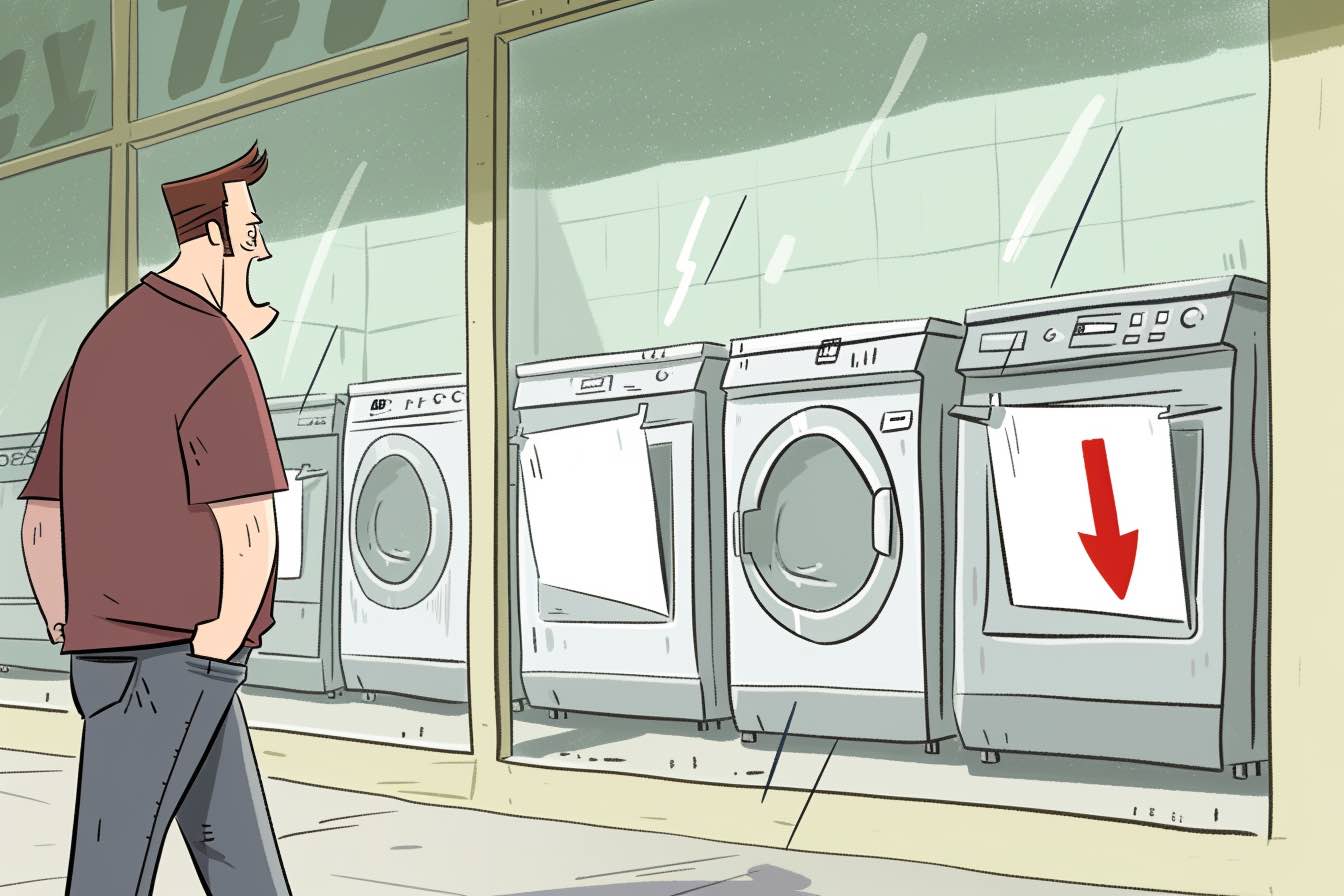I can’t tell the story of Wendy Schlessinger’s efforts to get a refund from Rodan and Fields without also exploring the dark history of multilevel marketing (MLM).
On the surface, Schlessinger’s attempt to get her money back looks like an open-and-shut case. Maybe it’s just an innocent error made by a $4 billion skincare company. Then again, maybe it’s part of a business strategy that includes pushing pricey subscriptions on unwitting consumers.
Multilevel marketing schemes have touched more than one of our readers. Chances are, you’ve run across products that were aggressively marketed through these methods. I have, and I’ll tell you my embarrassing story in just a moment.
Schlessinger’s case left me not only sad, but furious. It involved Rodan and Fields sending products she says she didn’t order, a destroyed friendship, a denied request for a refund, and a credit card dispute that the company fought — even though it knew it was wrong.
But is this case even fixable?
“Rodan and Fields shipped me a product I did not order.”
Schlessinger says it started when she received a package from Rodan and Fields that she didn’t recognize. She made three key mistakes when handling the rejected merchandise.
“Rodan and Fields shipped me a product I did not order,” she told me.
And that’s when she made her first mistake. Instead of trying to resolve the problem with Rodan and Fields, she filed a credit card chargeback. Schlessinger contacted Discover card customer service and disputed the charge.
It seemed to work — at first.
“I immediately received a credit for the order,” she says. “But after investigating my claim, Discover reinstated the charge.”
Mistake number two? She didn’t return the merchandise. She sent the unwanted cosmetics back to Rodan and Fields only after losing the first chargeback.
At the same time, she requested a full refund.
“I didn’t receive one, so I filed another chargeback with Discover,” she says.
That was mistake number three. Again, Discover credited her account but then reversed the credit.
“I called Rodan and Fields, inquiring about the status of the refund. I received a letter via email stating the company was processing a return,” she says.
That was six months ago. Schlessinger still hasn’t received a refund.
What is Rodan and Fields?
Rodan and Fields refers to itself as a skincare company that sells exfoliators, cleansers, moisturizers and sunscreen. But it is more than that. Rodan and Fields distributes its products through multilevel marketing. Its independent consultants try to recruit you to join their sales team, offering you a cut of the profits. But my fellow consumer advocates have been critical of Rodan and Fields, with some calling it a pyramid scheme. More on multilevel marketing in just a minute.
Rodan and Fields’ independent consultants are not messing around. Instead of selling one or two products, they peddle subscriptions that will keep the cosmetics coming, month after month. And after I reviewed Schlessinger’s case, it became clear that she had agreed to one of the company’s subscriptions, perhaps without fully understanding what she was ordering.
Beware of MLMs!
Multilevel marketing, also referred to as affiliate marketing and home-based business franchising, is a controversial marketing practice. It relies on a sales force that’s heavily incentivized to push products to friends and family. But the real payday comes when salespeople recruit others to sell even more of their products.
Prominent MLM companies include Amway, Mary Kay and Herbalife.
Consumer advocates like to toss around terms like “pyramid schemes” when they find a business practice they frown upon. I’ve even called frequent flier programs pyramid schemes, but only because some of the blogs selling loyalty program cards employ affiliate marketing practices to generate millions in earnings. But many MLMs are real pyramid schemes because at some point, when they run out of people to recruit to sell cosmetics, loyalty program cards, or water filters, the whole scheme will collapse.
And mark my words, there will be a day of reckoning for loyalty program members. But I digress.
At any rate, when I see an MLM I tell people to run in the other direction. And I speak from personal experience.
My MLM nightmare
The week I graduated from college in Southern California, my great aunt Marcia introduced me to two of her dearest friends, an elderly couple from Diamond Bar. They invited me to a presentation for a new company that offered a credit card with perks you could redeem for rewards.
I attended the presentation at an arena in Ontario and was impressed by the energy and enthusiasm of the sales team. It felt almost like a church service. I was a broke college student and desperately needed money to pay for graduate school. When my great-aunt’s friends offered to lend me the money to buy into the program, I reluctantly agreed. I figured I could sell these credit cards while I was a summer intern at a newspaper in Dallas.
Before I could sell a single membership, the pyramid collapsed, leaving my great-aunt estranged from her friends. By the time I returned to California at the end of the summer, the rift was so wide and the embarrassment so great that my great-aunt’s friends never even asked me to return the money they had lent me.
I wondered how many memberships the couple had convinced my great-aunt to buy.
The experience left a lasting impression on me. It set my career on a course to becoming the consumer advocate — and the credit-card skeptic — that I am today.
It’s interesting how Schlessinger’s MLM disaster is so similar to mine. She also had a friend who sold her a Rodan and Fields subscription. When she canceled her membership, her friend stopped talking to her.
Because MLMs rely on marketing to friends and family, they have the potential to obliterate relationships. And I’m not just saying that. I have a very close relative who sold overpriced MLM water filters for years, and it caused permanent damage.
How do I get a refund from Rodan and Fields?
Returning a Rodan and Fields item isn’t easy. There’s no mechanism through the website to send your moisturizer back.
“If you have made a purchase by mistake, please contact Customer Care for additional assistance via phone or email at (877) 737-5773 or [email protected],” it says on the Rodan and Fields site.
Making customers call or email instead of offering a mechanism on the site to initiate a refund makes it more complex and more likely that customers like Schlessinger will keep the product. Maybe they’ll try to find some use for it down the line. It isn’t easy to gauge the motives of any company based on its return policies, but let’s just say it could make a product return easier if it wanted to.
Is there a way to cancel your Rodan and Fields subscription?
Like most companies, Rodan and Fields doesn’t like to see you go and makes it kind of difficult to do so. To get out of a subscription, you have to log in to the site and click on “manage subscription.” You have to follow similar steps to get out of being one of its consultants (fill out a Termination Notice Form and email it to [email protected]).
So the answer is yes, you can leave this MLM company, but it will take some time and attention to detail. And if you miss something, you could be on the hook for another month’s supplies.
Like most consumer advocates, I take a dim view of a company that uses multilevel marketing to distribute its products. It’s far too easy to get sucked in, and then get your friends and family sucked in and lose a lot of money. I have personally had friends and family members get involved in an MLM company, and it never ends well.
How to tell if you’re trapped in a multilevel marketing scheme
The mechanics of canceling an MLM membership may be relatively easy. But figuring out if you’re involved in an MLM company isn’t. Here are the signs:
- It feels more like a religion than a business.
An MLM sales meeting has all the fervor of an evangelical tent revival meeting. Take it from me. I’ve been to tent revival meetings and have gotten sucked into an MLM. Researchers have described MLMs as cults. So whenever you see customers who are so dedicated to a product that they would try to destroy anyone who criticizes them — well, you might be dealing with an MLM. - There are lots of unfulfilled promises.
Many MLMs have lots of people at the bottom waiting for their payday, which may never come. And this is why I’ve often compared loyalty programs, and specifically the credit cards that allow you to earn points, to pyramid schemes and MLMs. You can’t always redeem the rewards because of blackout dates or changes in redemption levels, and many participants had enormous collections of points that will ultimately expire. That’s classic pyramid scheme behavior. - They leverage personal relationships to make sales.
MLMs use friendships to make a sale. They invite you to their homes for a Tupperware party and then lean on your shared experience to convince you to buy products or subscriptions. I see this in the blogosphere every day. People who have these “aw-shucks” personas that everyone feels a connection to, leveraging that relationship to sell credit cards or herbal supplements. But if you’re buying a product because you think someone is your friend, chances are you’re being manipulated by an MLM. Don’t walk away — run!
Can she get her $461 back?
Schlessinger just wanted to return $461 worth of cosmetics and get a refund. Of course, there was a reason for the delay — all those charge card disputes! (By the way, here’s how to use credit card disputes the right way.)
I’ve always referred to credit card disputes as the “nuclear” option. Why? Because once you initiate one, your options for an appeal are limited if you’re not satisfied with the credit card company’s decision. You can go to court, file a complaint with law enforcement, or contact a consumer advocate. (Related: Why did this Vrbo host ruin her birthday party?)
Schlessinger chose door number three.
If she’d simply returned the merchandise without filing a dispute, she would probably have her money by now. But on the first dispute, it looks as if Rodan and Fields checked its records and found that she still had the product and reported that to Discover. And Discover sided with Rodan and Fields.
Then, after she sent the product back, she filed another dispute. That just confused the company further, and it fought the chargeback and won.
You should not dispute a credit card charge until you’ve given the company every opportunity to resolve the issue. A chargeback should be your last option, not your first response.
But more to the point, Rodan and Fields had Schlessinger’s credit card number and believed that she wanted a steady supply of its products. Be extra careful about subscriptions, because the company might send you products you don’t want.
Here’s your Rodan and Fields refund
A company like Rodan and Fields might argue that the lesson learned from Schlessinger is to read the fine print on their membership agreement and make sure they understand what they’ve signed up for. I would agree.
But there’s more to this case. It is a wake-up call for anyone involved in an MLM scheme. If your friends and family are trying to prod you into buying a product, or you follow a super-cool blogger who is trying to sell you a credit card, please think before you sign up for anything. You might be buying into the latest pyramid scheme.
I contacted Rodan and Fields on Schlessinger’s behalf. I sent the emails between her and the company, as well as the evidence that she had returned the product.
The company issued a full refund. (Christopher Elliott, Elliott Advocacy)




